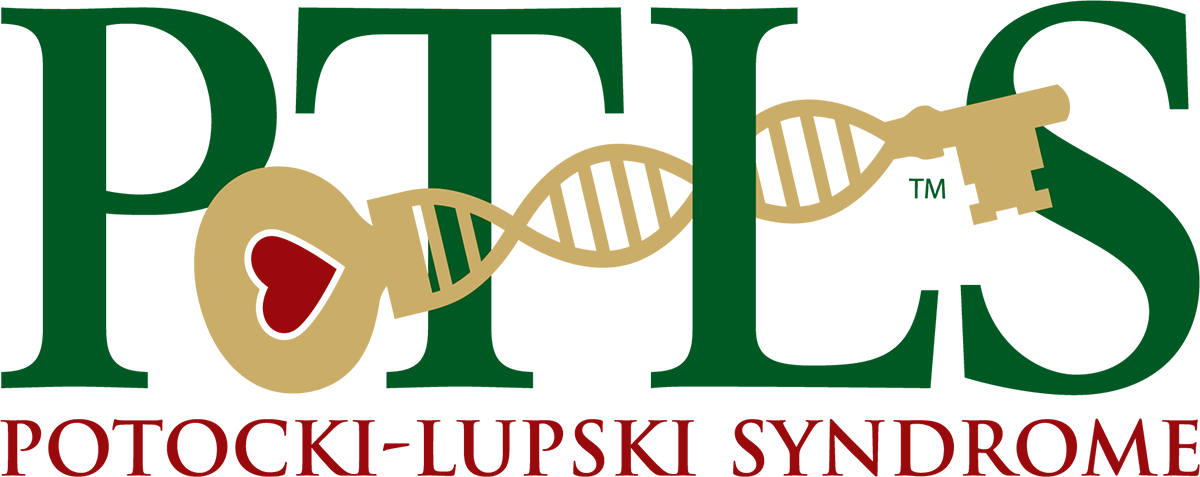 If you are a PTLS family member, a clinician with a PTLS patient, an educator, or you simply want to learn more about this genetic syndrome, please begin your search here! We are here to help. Our goal is to educate and support through outreach.
If you are a PTLS family member, a clinician with a PTLS patient, an educator, or you simply want to learn more about this genetic syndrome, please begin your search here! We are here to help. Our goal is to educate and support through outreach.
This site contains links to resourceful publications, including those by PTLS researchers and supporting clinicians, Parenting Coach blog site, video support and education, Podcast to hear family stories and educational subjects, and a confidential community site where members may speak openly and freely about their daily challenges and the support of hundreds of other families facing the same issues and triumphs.
It’s never easy to hear that your child or loved one must face challenges that the average peer will never experience. Often times you experience the typical phases of disbelief, denial, anger, and finally acceptance. What does this mean for my child now and in the future? What does this mean for us?
Physical Features
- Wide bridge of the nose
- Slender, anterior curve to the nose, which broadens as they age
- Narrow/ pointy chin
- Long fingers with a slight curve to the little finger
- Excess hair on body (boys and girls)
Neurobehavioral
- Affectionate
- They may need a reminder to stay on task
- Learning differences
- Very social with familiar and non-familiar people
- Happy, friendly children. Smiles all the time!
- Speech delays
- Developmental delays
- Obsessive-Compulsive Disorder (OCD)
- Autism-like behaviors
- Elevated levels of anxiety, especially in unfamiliar situations
- Sensory Integration Disorders
- ADD/ADHD
- Memory issues
- I.Q.
- Extreme passiveness
- Delays in toilet training
- Learn by imitating
- Often times are found carrying on conversations with themselves.
- Many are found to be “sight readers” over “phonetic readers”
- Very intuitive to emotions of others around them
- Routine oriented
Health Concerns
- Poor feeding/Trouble eating
- Reduced body weight
- Low muscle tone
- Poor fine motor skills
- Quiet during and after birth
- Hypersensitivity to light
- Eye Concerns/“Lazy eyes”
- Hypersensitive to sound
- Scoliosis or Kyphosis
- Connective tissue disorder
- Aortic root dilatation
- Cholesterol levels
- Sleep Apnea
- Dental issues
- High arched palate
- Submucous cleft palate
- Oropharyngeal Dysphagia
- Gastroparesis
- Poor coordinated movement of the tongue
- Extra long intestinal tract
- Acid reflux (GERD)
- Kidney issues
- Headaches/migraines
- Sensory issues
- Decreased sensation to pain, but increased sensation to light touch.
- Chiari Malformation
- Early puberty
- Excessive sweating of feet and hands


Add a Comment
You must be logged in to post a comment